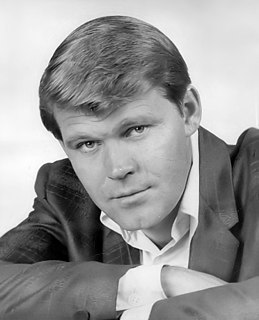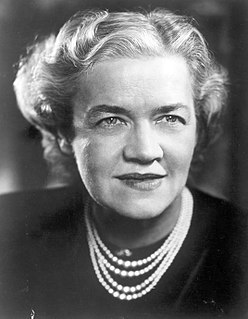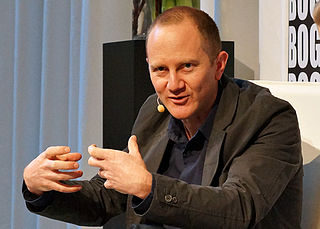A Quote by Johann Wolfgang von Goethe
One ought, everyday, to hear a song, read a fine poem, and, if possible, to speak a few reasonable words.
Related Quotes
Men are so inclined to content themselves with what is commonest; the spirit and the senses so easily grow dead to the impressions of the beautiful and perfect, that every one should study, by all methods, to nourish in his mind the faculty of feeling these things. ...For this reason, one ought every day at least, to hear a little song, read a good poem, see a fine picture, and, if it were possible, to speak a few reasonable words.
Truly fine poetry must be read aloud. A good poem does not allow itself to be read in a low voice or silently. If we can read it silently, it is not a valid poem: a poem demands pronunciation. Poetry always remembers that it was an oral art before it was a written art. It remembers that it was first song.
My first advice would be to read, read, read, which sounds interesting coming in a digital age, but it's so much easier to listen to a poem than it is to sit down and actually read it and to hear it in your head and that is something that every poet or aspiring poet needs to be able to do, I think to hear it in their head.
I speak as briefly as possible because too much harm has already been done with irresponsible words of bitterness and selfish political opportunism. I speak as simply as possible because the issue is too great to be obscured by eloquence. I speak simply and briefly in the hope that my words will be taken to heart.



































